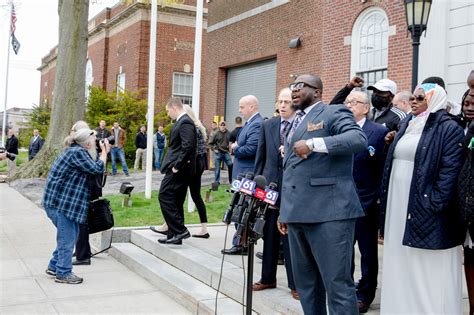State Troopers' Court Presence: Its Real Impact
State troopers, the backbone of highway safety and often the first responders to serious incidents, have a significant, yet often overlooked, presence in the court system. Their role extends far beyond writing tickets; it directly impacts the administration of justice and the overall perception of law and order. This article will delve into the real impact of state troopers' court appearances, exploring their contributions, challenges, and the broader implications for the legal system.
What is the Role of State Troopers in Court?
State troopers' court appearances are multifaceted. Their primary function is to provide testimony as eyewitnesses in cases stemming from traffic violations, accidents, and criminal investigations they have handled. This testimony can be crucial in determining guilt or innocence, sentencing, and the overall outcome of legal proceedings. They are frequently called upon to present evidence, including accident reports, photographic evidence, and their own observations, which are vital to reconstructing events and establishing facts.
How Does Their Testimony Impact Cases?
The credibility and accuracy of a state trooper's testimony are paramount. Their training, experience in investigating incidents, and adherence to established procedures lend weight to their accounts. A well-prepared trooper can effectively present complex information clearly and concisely, guiding the court toward a just decision. Conversely, inconsistencies or perceived biases can weaken their testimony and impact the case's outcome. Their presence often acts as a deterrent, enforcing compliance with traffic laws and other regulations.
What Challenges Do State Troopers Face in Court?
While vital, the courtroom is a demanding environment for state troopers. They face several challenges:
- Time Constraints: Court appearances require time away from patrol duties, potentially impacting public safety resources.
- Witness Intimidation: Facing aggressive cross-examination or potentially hostile defendants can be stressful and challenging.
- Legal Expertise: Understanding legal procedures and evidentiary rules is essential for effective testimony. Inadequate legal understanding can lead to errors or undermine their credibility.
- Workload: The sheer volume of cases requiring their testimony can be overwhelming, leading to potential delays and burnout.
How Does Their Court Presence Affect Public Perception?
The visible presence of state troopers in court reinforces the seriousness of lawbreaking and demonstrates the commitment of law enforcement to accountability. It projects an image of professionalism and reinforces public trust in the justice system. Conversely, negative experiences or perceived injustices in court can erode this trust.
What Resources and Training Do State Troopers Need to Effectively Participate in Court Proceedings?
Adequate training in legal procedures, effective communication, and handling courtroom pressure is crucial. Providing troopers with the necessary resources, including legal advisors or dedicated support staff, can greatly improve their courtroom performance and reduce stress.
Do State Troopers Receive Specialized Training for Court Testimony?
Many state police academies include courtroom testimony training as part of their curriculum. Beyond initial training, ongoing professional development opportunities focusing on legal updates and effective communication skills are vital for maintaining proficiency.
How Can the Efficiency of State Troopers' Court Appearances Be Improved?
Streamlining court processes, implementing efficient scheduling systems, and providing adequate resources can significantly improve efficiency. Exploring alternative methods like video conferencing for less critical testimony could also minimize time away from patrol duties.
In conclusion, the court presence of state troopers is an integral component of the justice system. Their testimony plays a pivotal role in upholding the rule of law and ensuring fair legal outcomes. Addressing the challenges they face through better training, resources, and streamlined procedures will enhance the efficiency and impact of their contributions. Their presence, both within and outside the courtroom, significantly impacts public safety and the overall effectiveness of the legal system.

